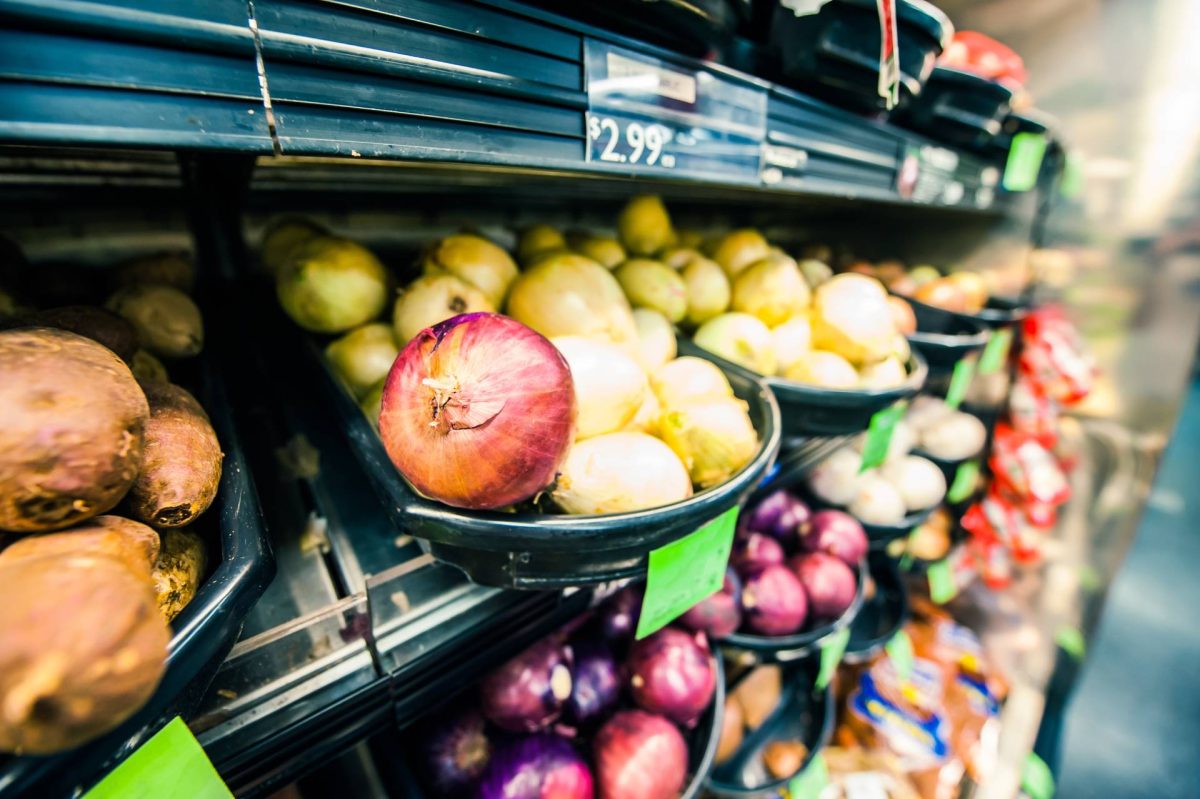Economic Growth Minister Nicola Willis has issued a request for information asking potential supermarket challengers both here and overseas to outline the regulatory changes needed to help them compete with the national duopoly and drive down food prices.
“New Zealand grocery prices are high by international standards, and Kiwi shoppers are being poorly served by a market effectively dominated by just two major players – Foodstuffs and Woolworths,” the minister said in a statement.
“This lack of competition is the result of a series of mergers that have occurred over the past 30 or 40 years.
“Despite well-intended reforms in recent years, competition in the grocery market has not improved. Kiwis are still missing out on competitive grocery offerings.”
Nicola Willis has also approached officials for advice on how the grocery sector could be restructured, also with increasing competition in mind.
“I am seeking information from a range of potential investors on what it would take for one or more new grocery retailers to enter the market on a national scale or for existing competitors to grow to sufficient size to materially increase competition.”
The minister expressed concern that more significant action might be necessary to create genuine competition.
“If Cabinet decides legislation is necessary, I expect to introduce it to Parliament by the end of the year.”
Concerns It’s Not Enough
But the Opposition says it’s not enough, and that National “is paying lip service to its promises to bring down the cost of living, failing to make any meaningful change in the grocery sector,” Labour commerce and consumer affairs spokesperson Arena Williams said.
“This long-awaited big announcement doesn’t bring competition into the supermarket sector, introduce a new player or bring down prices for New Zealanders as promised,”
“The cost of living is squeezing New Zealanders, and National has been promising for nearly two years now – from opposition and in Government – that they’d do something about it.
“Today’s announcement to ask for more information and hope the major supermarket players do something about it in the meantime, is no more than paying lip service to all of the promises they’ve been making to Kiwis.
“Just like Nicola Willis failed to deliver on the ferries, she’s now failing to deliver on grocery prices.
“We had hoped to be able to support the Government today, expecting that after two years they would announce further action to bring down grocery prices. But just like all their big talk and slogans on banks, we are as disappointed as many New Zealanders will be.
“The fact they’re only just now asking for information and advice shows they’ve failed to prioritise bringing costs down for Kiwis,” Arena Williams said.
Consumer Sees Same Issues
“We continue to see significant issues in New Zealand’s supermarket sector. With fewer players in the market, our situation is, in many ways, worse than Australia’s, meaning we need a stronger response to address the issues shoppers face,” says Consumer NZ chief executive Jon Duffy.
“It’s been more than three years since the Commerce Commission’s market study into the grocery sector in New Zealand, and while we’ve seen some action, including the appointment of a Grocery Commissioner and the introduction of a grocery code of conduct, as yet, there’s been no meaningful improvements for shoppers.
“The Commission told supermarkets they should sort their pricing and promotional practices, but this feels more like a feather than a stick, with New Zealanders losing tens of millions of dollars to pricing errors annually. Recommendations alone haven’t been effective, and, while the Commission is prosecuting some supermarkets and investigating others, given the low level of fines the courts can impose, further regulation might be the only way forward.”
Across the ditch, the Australian Competition and Consumer Commission’s (ACCC’s) inquiry into its supermarket sector prompted 20 recommendations. Consumer NZ wants New Zealand’s government and lawmakers to take note.
Consumer’s Sentiment Tracker survey revealed that the cost of food and groceries remains a top financial concern for New Zealanders.
“The ACCC report points to the need for rigorous reforms, many of which would also benefit New Zealand consumers if they were adopted here.
“We are at a crucial point where more must be done to tackle the structural and systemic issues in our supermarket sector. Consumers are facing persistently high prices, and the ACCC report shows that, without additional regulation, a third entrant in the grocery sector is not the silver bullet it is often presented as,” Duffy says.
Consumer NZ urges stronger regulation and enforcement to address ongoing concerns about supermarket pricing and market power in New Zealand. Read the full ACCC supermarket report: https://www.accc.gov.au/about-us/publications/serial-publications/supermarkets-inquiry-2024-25-reports/supermarkets-inquiry-february-2025-final-report























